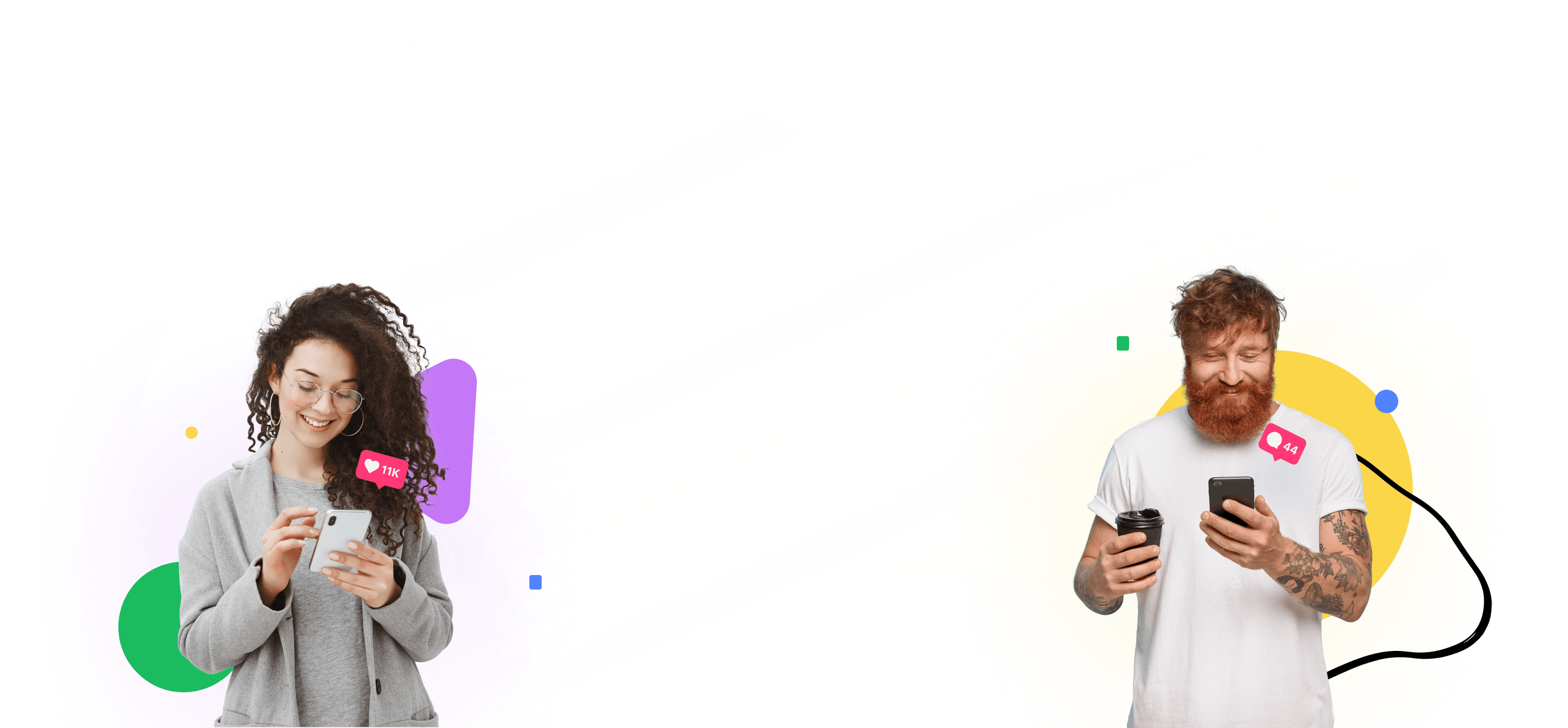Storytelling is a fundamental aspect of human communication, deeply rooted in culture and tradition. In the context of social media marketing, storytelling has emerged as a powerful tool for brands to connect with their audiences on a more emotional and personal level. Unlike traditional advertising, which often focuses on selling a product or service, storytelling allows brands to build relationships, convey values, and create memorable experiences that resonate with their followers.
Building Emotional Connections
One of the most significant advantages of storytelling in social media marketing is its ability to forge emotional connections with the audience. Stories have the power to evoke emotions, whether it’s happiness, nostalgia, inspiration, or even empathy. When brands use storytelling to share relatable experiences or challenges, they create a sense of connection that goes beyond the transactional nature of buying and selling.
- Example: A fitness brand might share stories of individuals overcoming personal challenges through exercise and healthy living. These stories not only promote the brand’s products but also inspire and motivate followers, creating a deeper bond with the audience.
- Actionable Tip: Identify the core values of your brand and think about how they can be translated into stories that resonate with your target audience. Use these stories to humanize your brand and make it more relatable.

Conveying Brand Values and Mission
Storytelling is an effective way to convey your brand's values and mission in a way that feels authentic and engaging. By weaving these values into your narratives, you can differentiate your brand from competitors and create a unique identity that resonates with your audience.
- Example: A sustainable fashion brand might use storytelling to highlight the journey of their products, from ethically sourced materials to fair labor practices. This not only educates the audience about the brand’s commitment to sustainability but also aligns the brand with the values of socially-conscious consumers.
- Actionable Tip: Share stories that highlight the people behind your brand, such as the founders, employees, or customers. These stories can demonstrate your brand’s mission in action and show how it makes a positive impact in the world.
Enhancing Brand Recall
Stories are more memorable than facts or figures alone. When a brand uses storytelling effectively, it enhances brand recall and makes the brand more memorable in the minds of consumers. A well-told story can linger in the audience's memory long after they’ve encountered it, making them more likely to remember the brand and engage with it in the future.
- Example: A travel company might share a series of stories about unique travel experiences or adventures that their customers have had. These stories create vivid imagery in the minds of followers, making the brand synonymous with memorable travel experiences.
- Actionable Tip: Create a consistent storytelling theme or narrative that can be used across different social media platforms. This could be a recurring series, a brand mascot with adventures, or a theme that ties together all of your content.

Driving Engagement and Conversations
Storytelling encourages engagement by inviting the audience to become part of the narrative. Whether it’s through comments, shares, or user-generated content, stories that resonate with the audience can spark conversations and foster a sense of community around your brand.
- Example: A food brand might ask followers to share their own recipes or cooking stories, creating a collaborative storytelling environment. This not only drives engagement but also provides the brand with authentic content that reflects the experiences of its customers.
- Actionable Tip: Use calls to action (CTAs) in your storytelling to encourage followers to share their own stories or opinions. This could be as simple as asking a question at the end of a post or running a contest that invites users to share their own stories related to your brand.
Humanizing the Brand
In the age of automation and digital communication, consumers crave authenticity and human connection. Storytelling allows brands to humanize their image by sharing stories that highlight the people behind the brand, their passions, and their challenges.
- Example: A tech company might share the story of how its founders overcame obstacles to bring their product to market. This not only humanizes the brand but also inspires trust and loyalty among customers who appreciate the authenticity of the narrative.
- Actionable Tip: Regularly feature stories that spotlight the individuals within your company, whether it’s the CEO, employees, or even customers. Sharing their personal experiences and journeys adds a human element to your brand that can make it more relatable and trustworthy.

Conclusion
The power of storytelling in social media marketing lies in its ability to create meaningful connections, convey brand values, enhance recall, drive engagement, and humanize the brand. In an increasingly crowded digital landscape, storytelling offers a way for brands to stand out by creating content that resonates on a deeper, more emotional level.
By incorporating storytelling into your social media strategy, you can build a loyal following, foster brand advocacy, and create a lasting impact that goes beyond just selling products or services. In the end, it’s the stories you tell that will make your brand memorable and keep your audience coming back for more.



